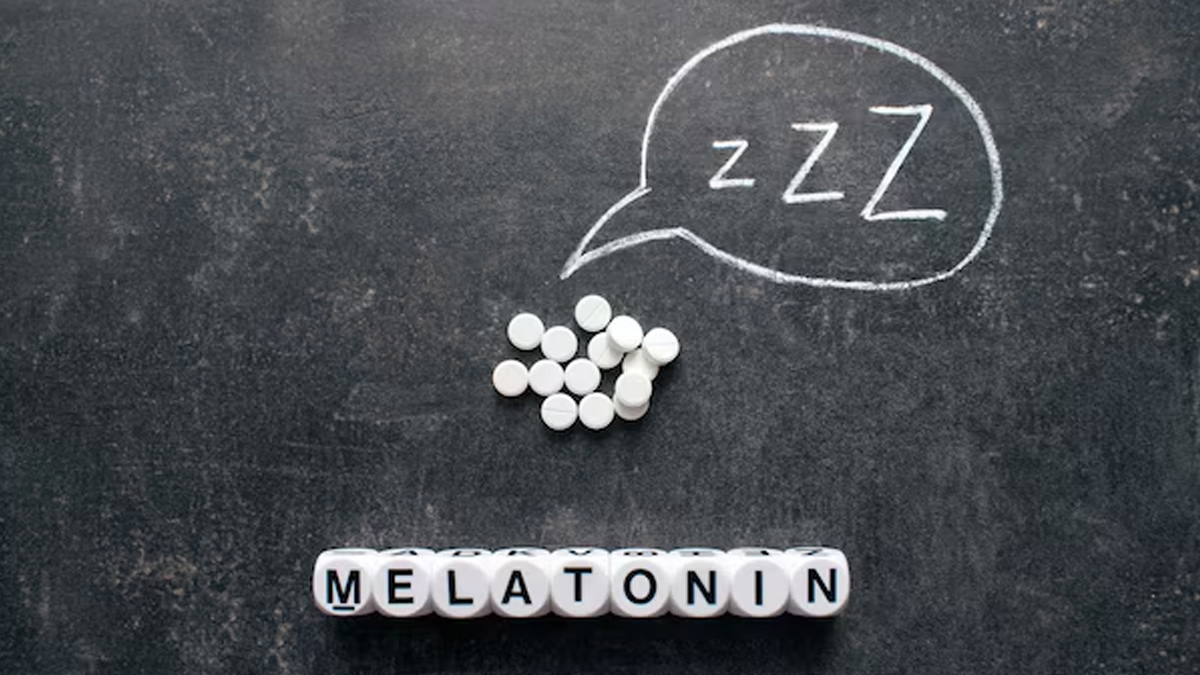
Have you ever woken up with a dream so intense that it felt real; like you could remember every face, sound, or emotion? That’s what’s known as a vivid dream. Unlike regular dreams that are forgotten within seconds, vivid dreams linger, often leaving you reflective, shaken, or inspired the following day. But why do these dreams happen? What’s going on in your brain when you are dreaming this way? And is it something to worry about?
Table of Content:-
We spoke to Dr Nidhin Mohan, Consultant- Internal Medicine, Narayana Health City, Bengaluru, who explained what vivid dreams are and why we have them.
What Are Vivid Dreams?

A vivid dream is simply a dream you remember very clearly. It feels intense emotionally or visually, and the memory of it stays intact even after you’ve woken up. "Most normal dreams disappear from memory almost instantly. But with vivid dreams, the emotional impact and the visuals remain fresh, like you just lived through a scene from a movie," explained Dr Mohan.
What Happens in the Brain During Vivid Dreams?
There is not one 'vivid dream centre' in the brain. However, the doctor describes how some parts, like the limbic system (which processes emotions) and the frontal lobe (associated with decision-making and memory), are more active.
All that being said, vivid dreaming does appear to involve activity throughout the brain rather than in one place.
Also Read: Beyond Superstition: The Science Behind Bad Dreams And Nightmares
When Do Vivid Dreams Happen?
"Most intense dreams occur during REM sleep (Rapid Eye Movement sleep) when your brain is most active and dreaming is the most intense. REM sleep usually comes on later in your sleep cycle, frequently in the early morning or near the time that you wake up," added Dr Mohan.
According to a Sleep Foundation, REM sleep occurs for progressively longer periods, with the last session potentially lasting up to an hour. As a result, you are more likely to have vivid dreams during the final stages of your sleep; however, this depends on when you wake up. If you don’t wake up during or right after a dream, you are unlikely to recall it.
What Triggers Vivid Dreams?
Several things can crank up the intensity of your dreams:

- Stress and anxiety: These are the most significant causes. Emotional experiences or unresolved emotions can cause more intense dreams as your brain attempts to process them at night.
- Medications: Especially Selective Serotonin Reuptake Inhibitors (SSRIs), which are commonly prescribed antidepressants and melatonin supplements, can influence the balance of brain chemicals and increase dream vividness.
- Sleep deprivation: If you’ve been missing out on sleep, your brain tries to catch up on REM cycles the next time you rest, which can lead to more vivid or intense dreaming.
- Stimulants and substances: Drugs like marijuana, cocaine, and even some medications can trigger vivid dreams.
- Pregnancy: Especially during the first and third trimesters, disrupted sleep and changes in hormones can promote vivid dreaming.
- Neurological conditions: Vivid dreams have also been observed in some cases of Parkinson’s disease and other brain-related conditions, though they’re not a guaranteed sign of anything serious.
Also Read: Mental Health Matters: Why Do You Remember Or Forget Your Dreams?
Are Vivid Dreams a Sign of Trauma Processing?
"Yes, they can. Vivid dreams usually mirror your brain's effort to deal with emotion, trauma, or old issues. They may function as a mental film your subconscious plays through to get rid of hard-to-deal-with feelings," explained Dr Mohan.
Some therapists even use dream-based techniques (like reimagining the ending of a recurring nightmare) to help people confront and change the emotional tone of these dreams.
Should You Be Concerned?

Not necessarily. Occasional vivid dreams, especially if they are not distressing, are normal. "But if the dreams are regular, distressing, or associated with mental illness, such as depression or anxiety, it's well worth noticing. In rare situations, vivid nightmares can lead to emotional distress or intensify suicidal thinking, especially in people who already have mental health difficulties," said Dr Mohan.
Can Vivid Dreams Have Benefits?
We’re still learning. There’s growing curiosity among researchers about whether vivid dreams help with emotional processing or memory consolidation. "Some people find that intense dreams bring clarity or relief, like a form of emotional release. While not fully proven, there may be hidden benefits to letting your brain work things out while you sleep," added Dr Mohan.
Bottomline
Dr Mohan concluded Vivid dreams are more than just late-night dramas. They indicate what your body and brain are experiencing, whether it is stress, hormonal fluctuation, drugs, or emotional processing. They're usually harmless, but they can also be your mind’s way of waving a little flag, telling you to slow down, get some rest, or process something deeper.
[Disclaimer: This article contains information provided by an expert and is for informational purposes only. Hence, we advise you to consult your professional if you are dealing with any health issue to avoid complications.]
Also watch this video
How we keep this article up to date:
We work with experts and keep a close eye on the latest in health and wellness. Whenever there is a new research or helpful information, we update our articles with accurate and useful advice.
Current Version
